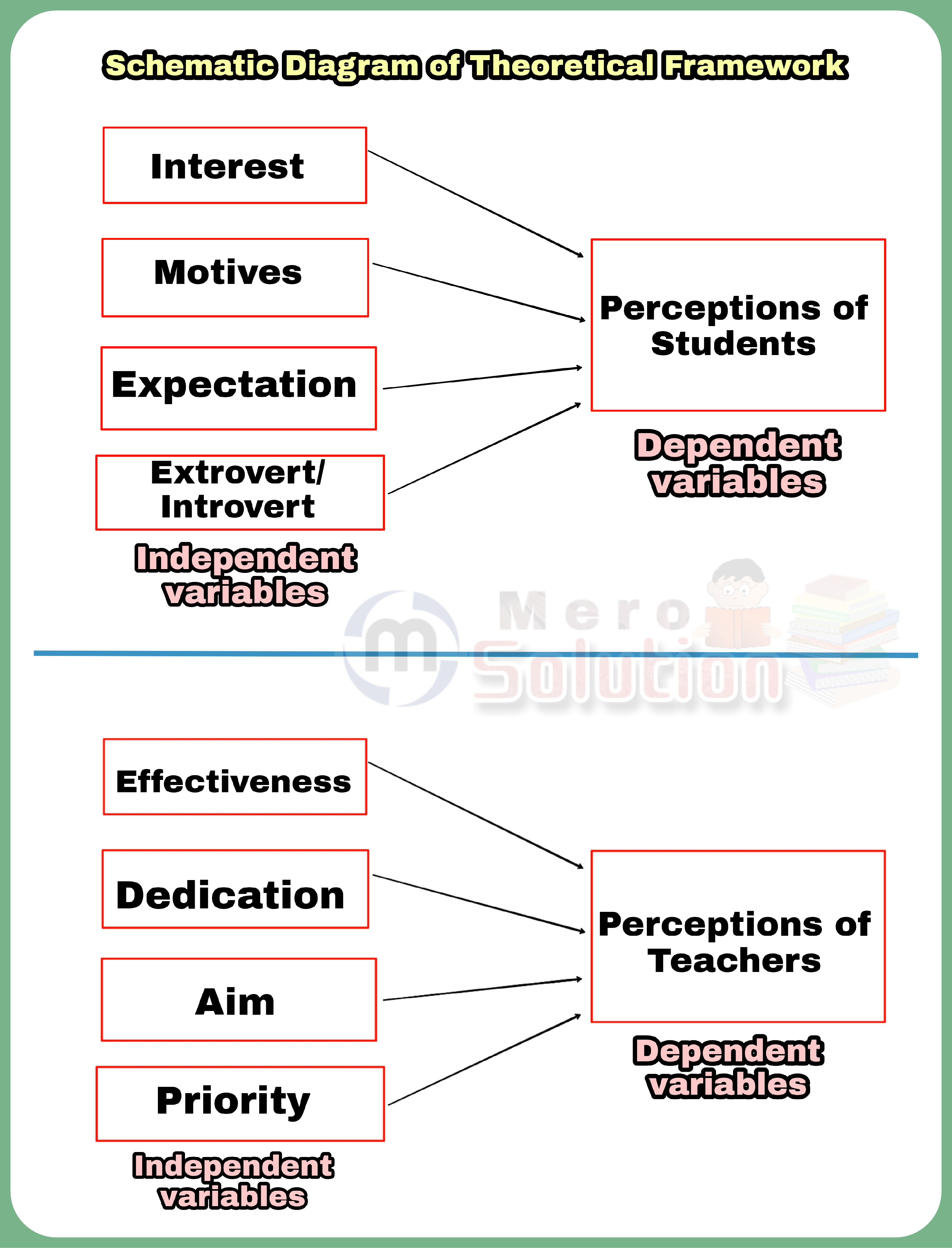Literature Review on 'Online Education' with Theoretical Framework
Here is an example of hypothetical Literature review and theoretical framework on "Online Education". We have to consider certain steps while writing literature review. These steps are:
1. Introduction of the topic
2. Highlighting the problems
3. Briefing the research done on the topic
4. Providing the basis to develop a theoretical framework by looking at the research problem
By following these steps we can write a literature review on any topic. For writing theoretical framework we have to set up the dependent and independent variables. After that we have to show the relationship between the variables and also should draw the diagram showing the relationship between the variables. It can be clarified by following example :
Literature Review on " Online Education "
Few month ago, the whole world was covered with covid-19 Pandemic. It was impossible to conduct physical classes at that period. Almost every schools, colleges and institutions did run their classes through online. Students were taking classes and giving examination through online medium (Bishnu Prasad Panday, 2021). Taiyab Miya (2020) found that most of the schools and colleges of the world were providing education through online. Teachers were were giving lectures from their home (shristi Gautam, 2020).
Research shows that online education is less effective than physically conducting education (Vikas Banjade, 2021). Most of the students were getting failed in examination who were taking classes through online (Ankita Sunar, 2020). Research shows that absenteeism in online classes were higher than physical classes (Priyanka Neupane, 2020). Students were not giving attention to their teachers because they had facility to chat with their friends privately without making any noise ( Ashish Neupane, 2021). Some research shows that some students entered to the classes but they started to use social medias like facebook, Instagram etc. in background (krish Chhetri, 2021). Most of the students were not submitting their assignments as teachers were providing notes to their students (Veera Bhatt, 2022). Some researchers found that 15% students had not taken any classes through online at the period of pandemic as they were far from internet accessibility, especially in rural areas. Around 75% of the students were not taking full period of different subjects because of electricity problem (Pooja kafle and Rima Paudel, 2021).
Prior researches focus on different aspects of online education eg: disadvantages (Vikas Banjade (2021), Ankita Sunar (2020)), negligence (Ashish Neupane (2021), Veera Bhatt (2022)), problems (Pooja Kafle and Rima Paudel, 2021). In addition online education research only focus on the situation and problems that the students and teachers had to face. It was found that there are no research has been conducted on the perceptions of students and teachers whether they prefer online education or physically conducting education. This research, therefore, aims to identify the perceptions of students and teachers towards online education.
Theoretical Framework on "Perception of Students and Teachers" towards online education.
The students who show the interest towards the study doesn't prefer online education and vice versa. The students who have defined aim and motivated themselves to achieve their aim doesn't prefer online education and vice versa. The students who expect always higher Score in examination never prefer online education and vice versa. The students of extroverted nature prefer physically conducting education and the students of introverted nature prefer online education.
The teachers who feel that online education is effective than physically conducting education prefer online education and vice versa. The teachers who are highly dedicated towards their occupations like to teach physically so that they doesn't prefer online education and vice versa. The teachers whose aim is to get 100% students passed result on their subject any how, doesn't prefer online education. The teachers who give priority to quality education doesn't prefer online on education.
Schematic Diagram of Theoretical Framework
Schematic Diagram of Theoretical Framework








0 Comments